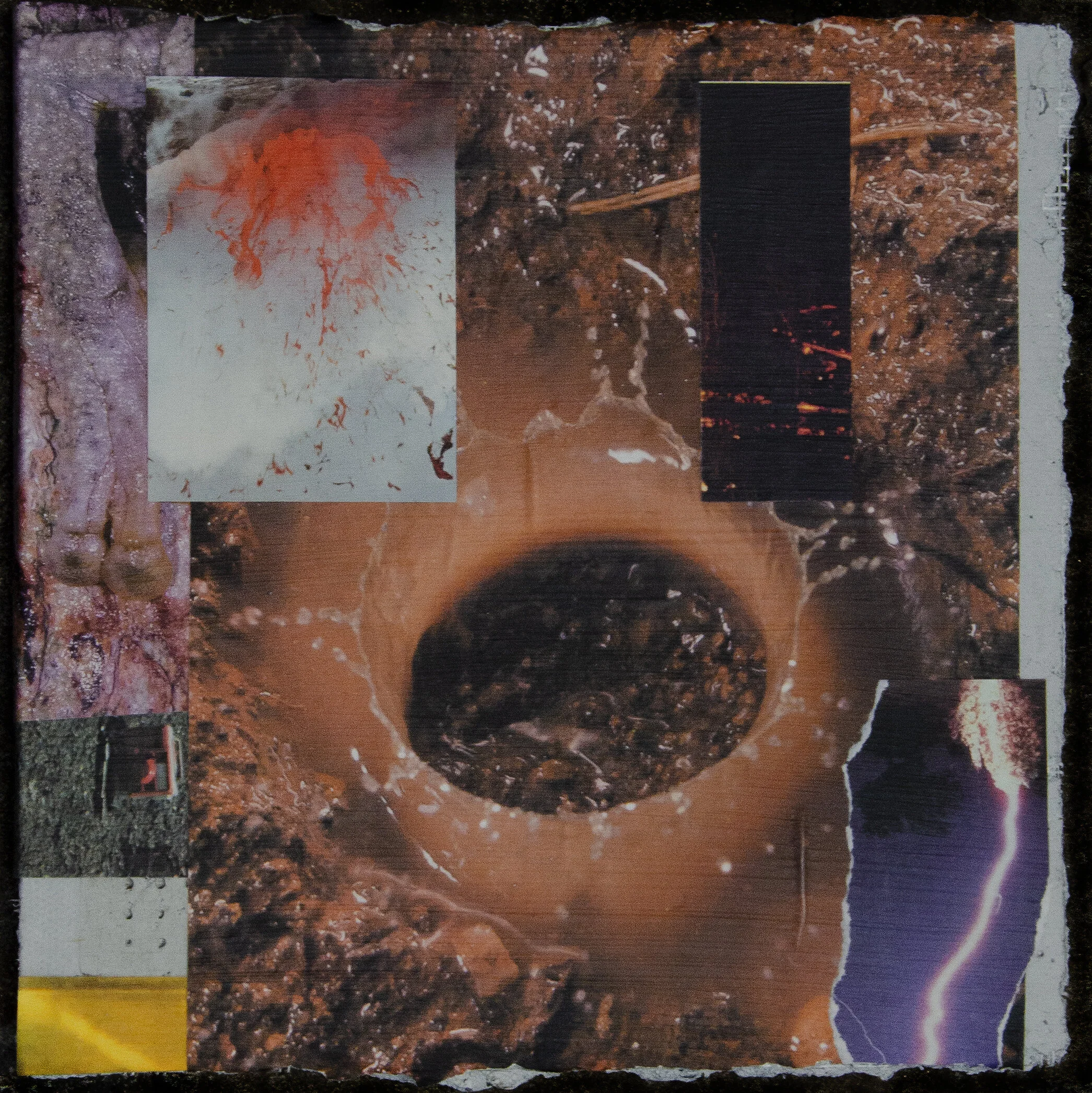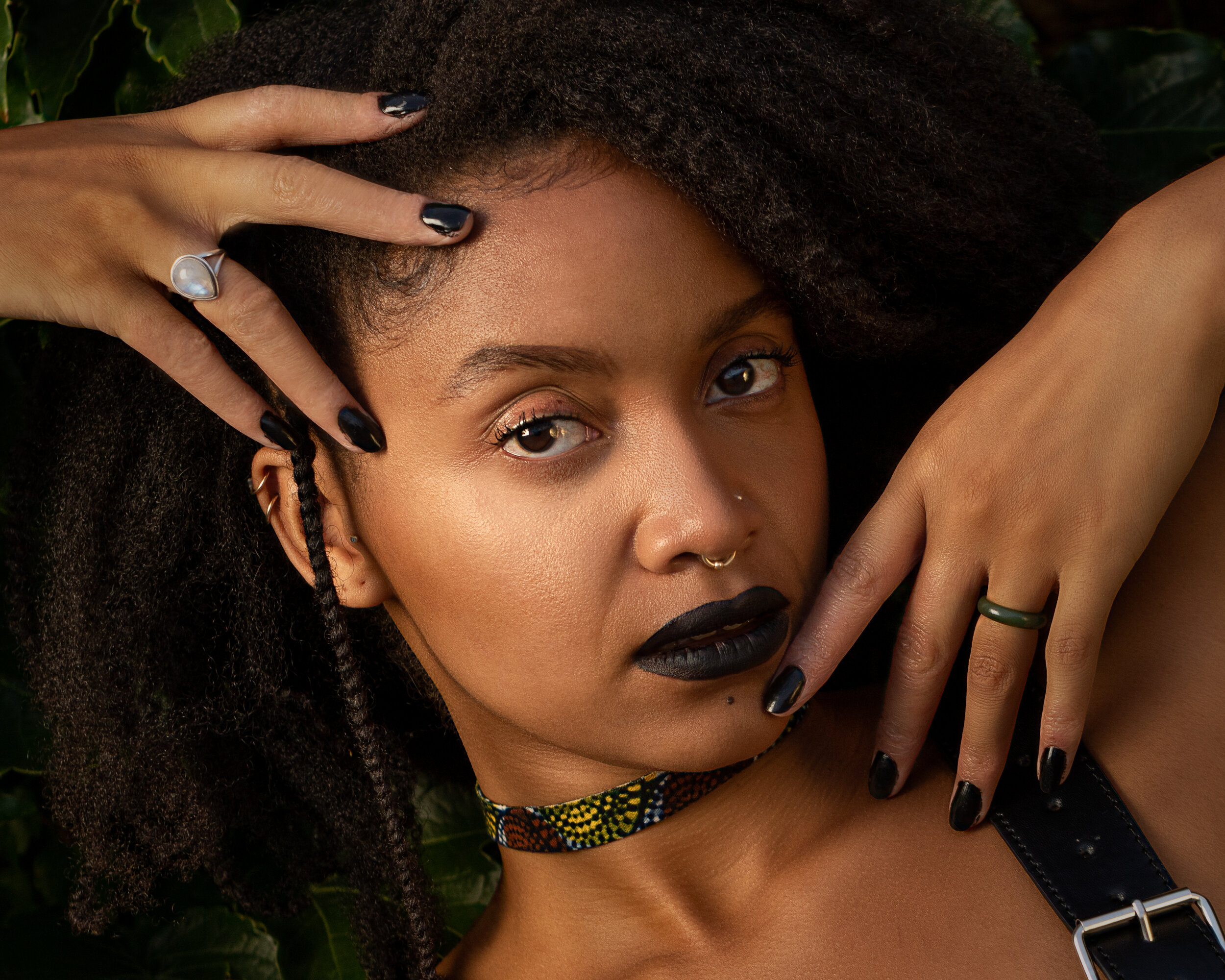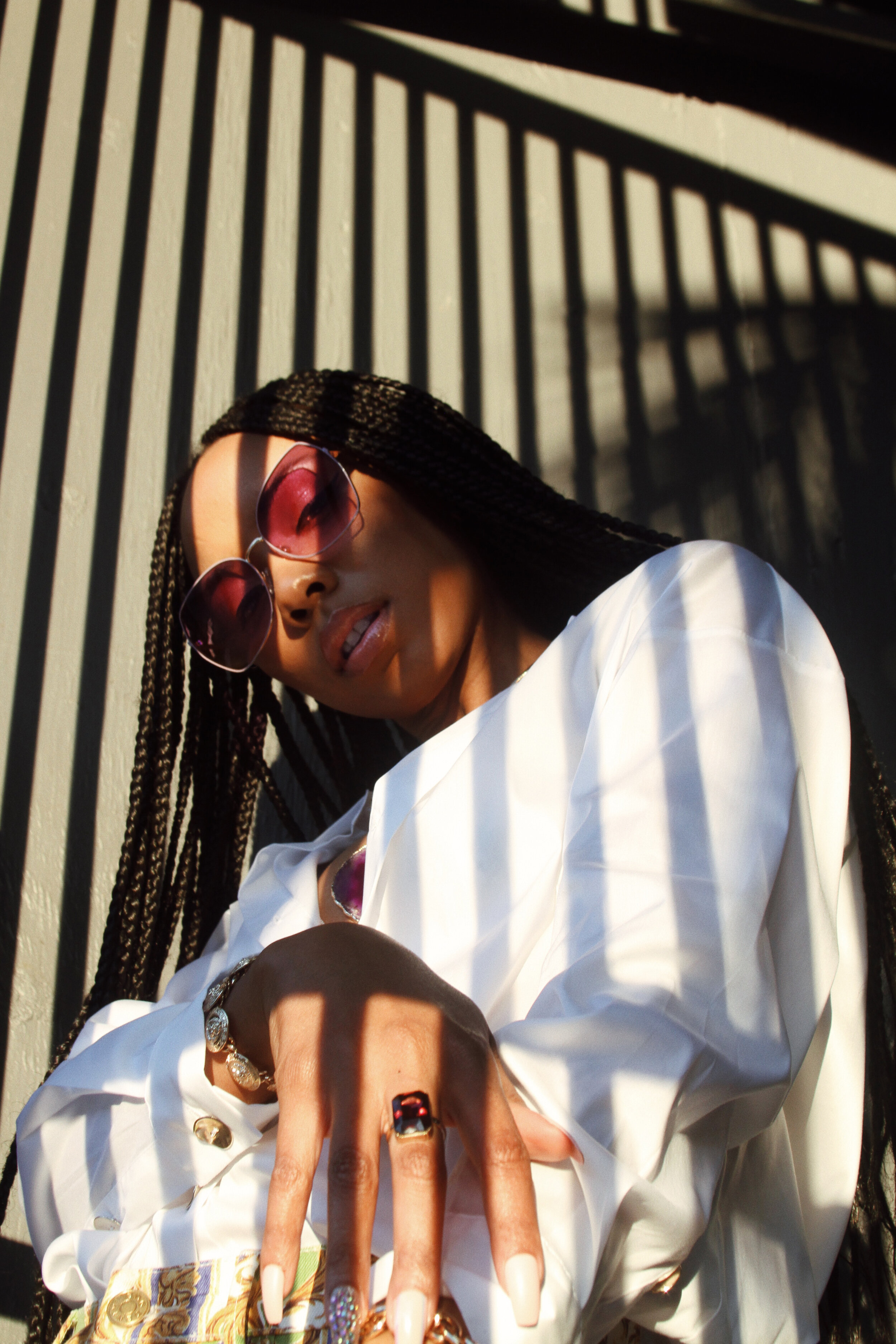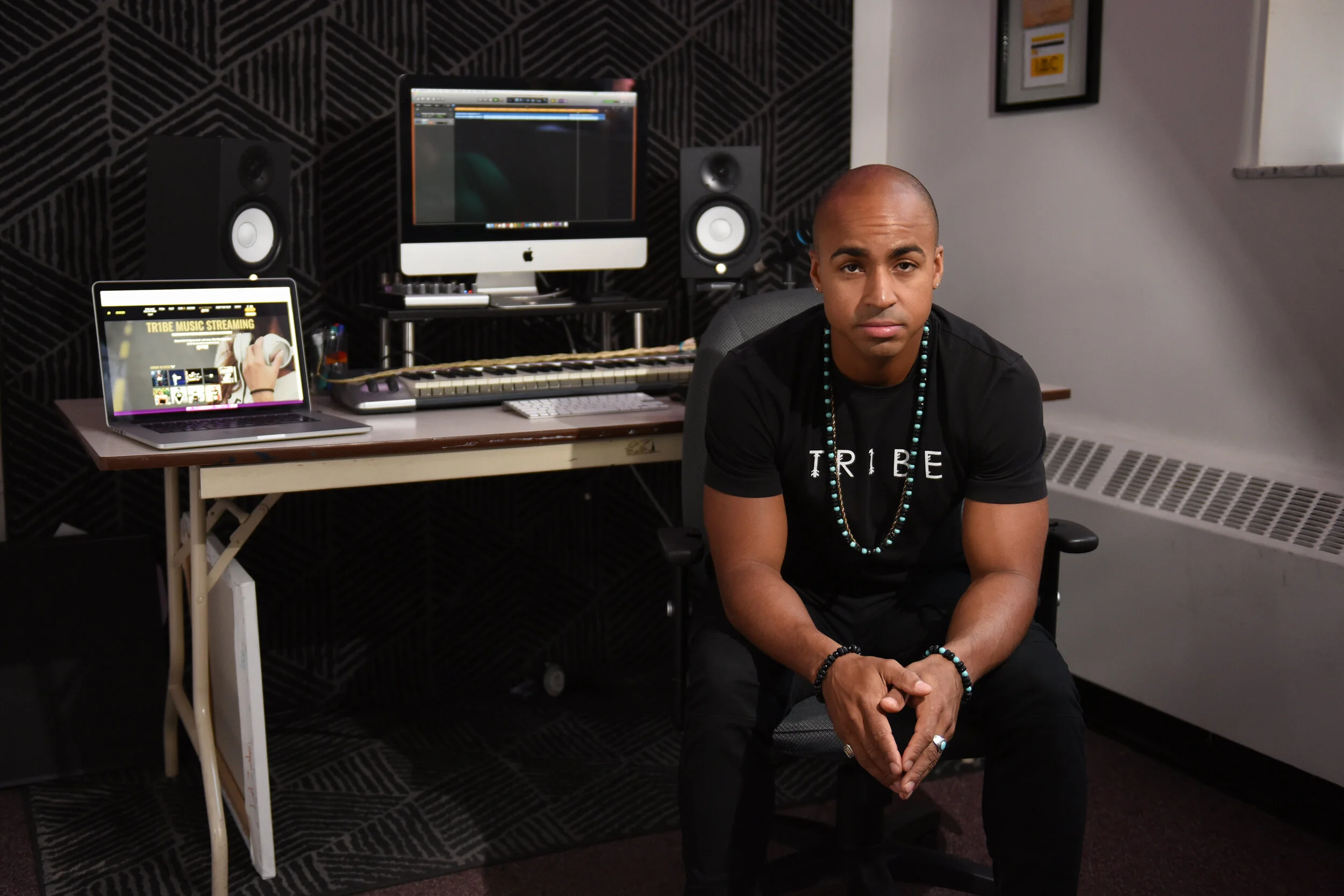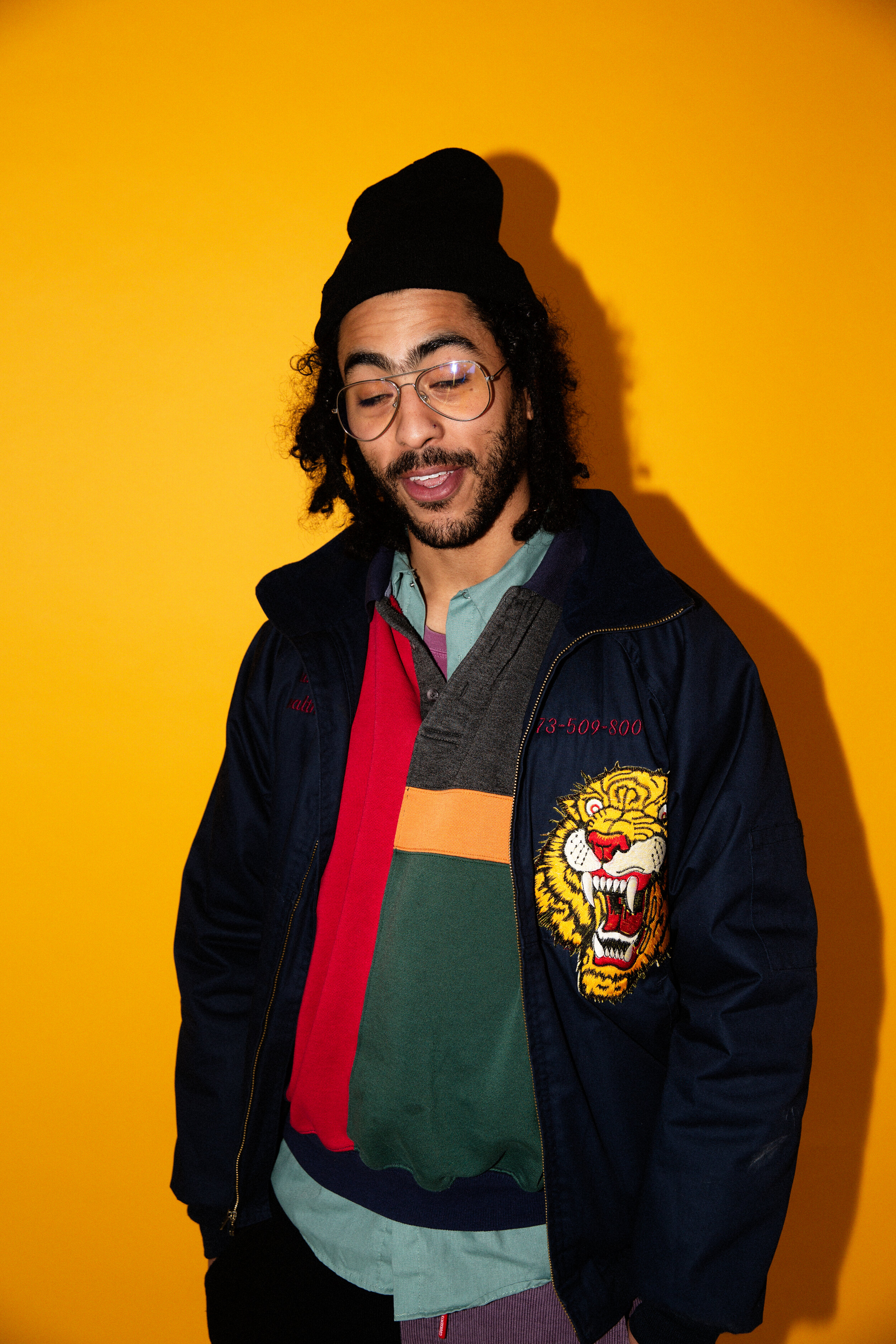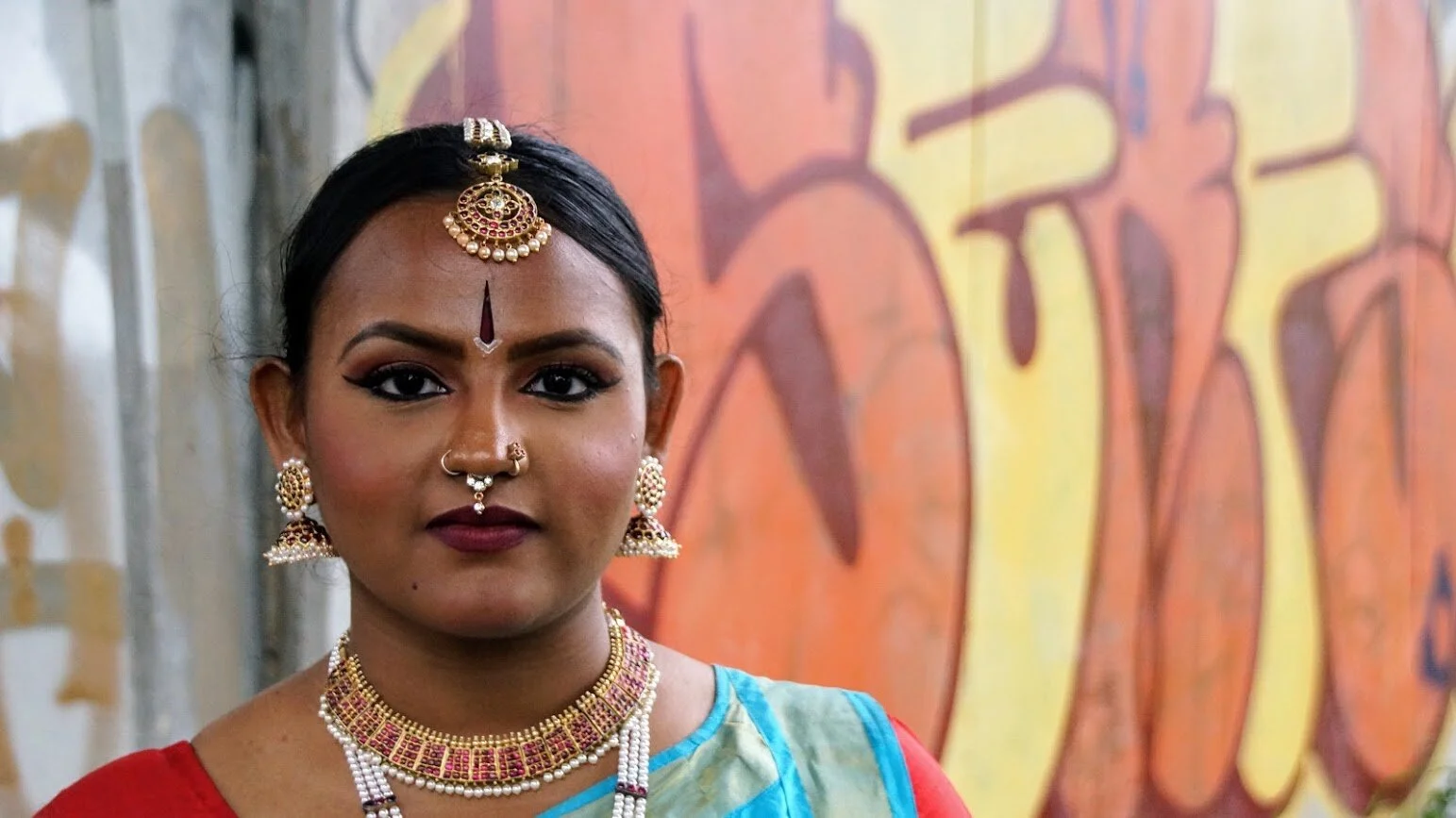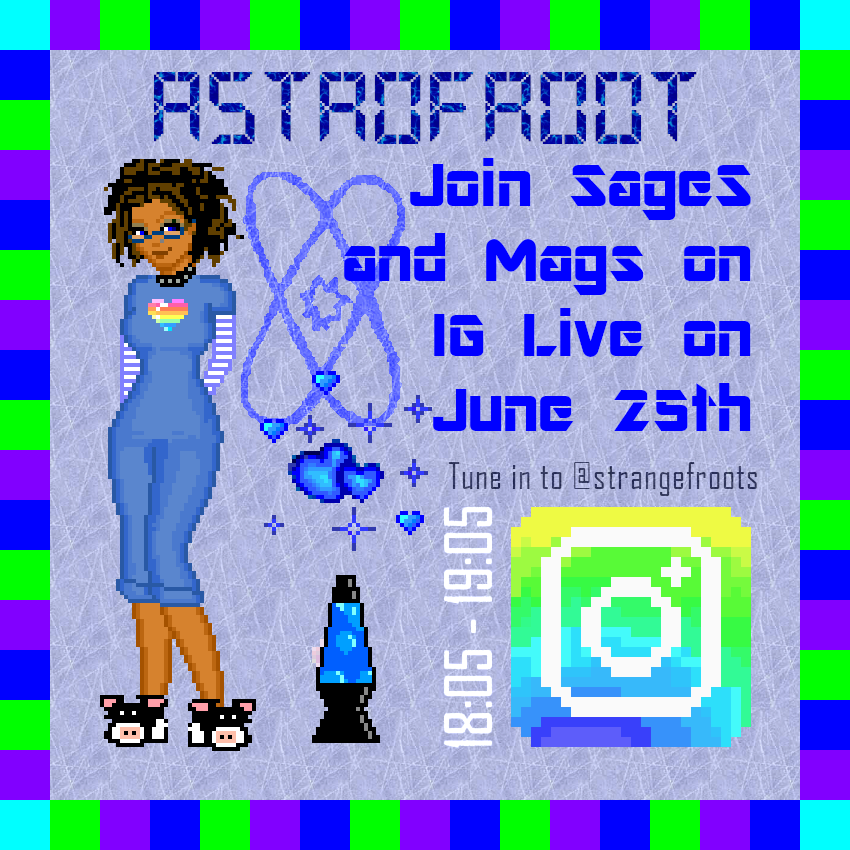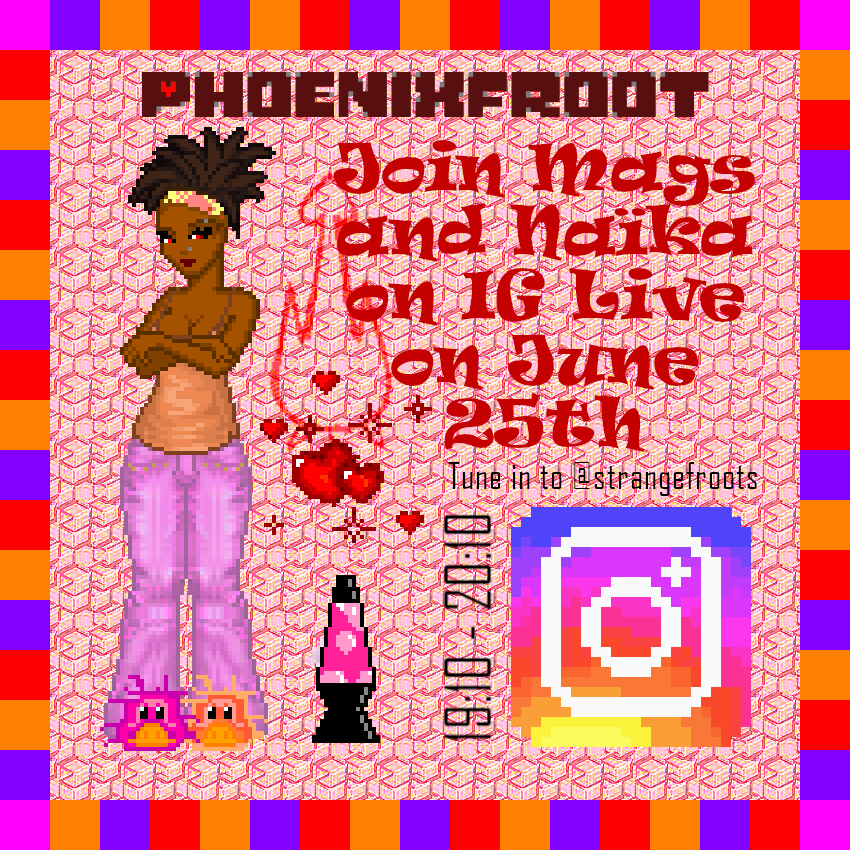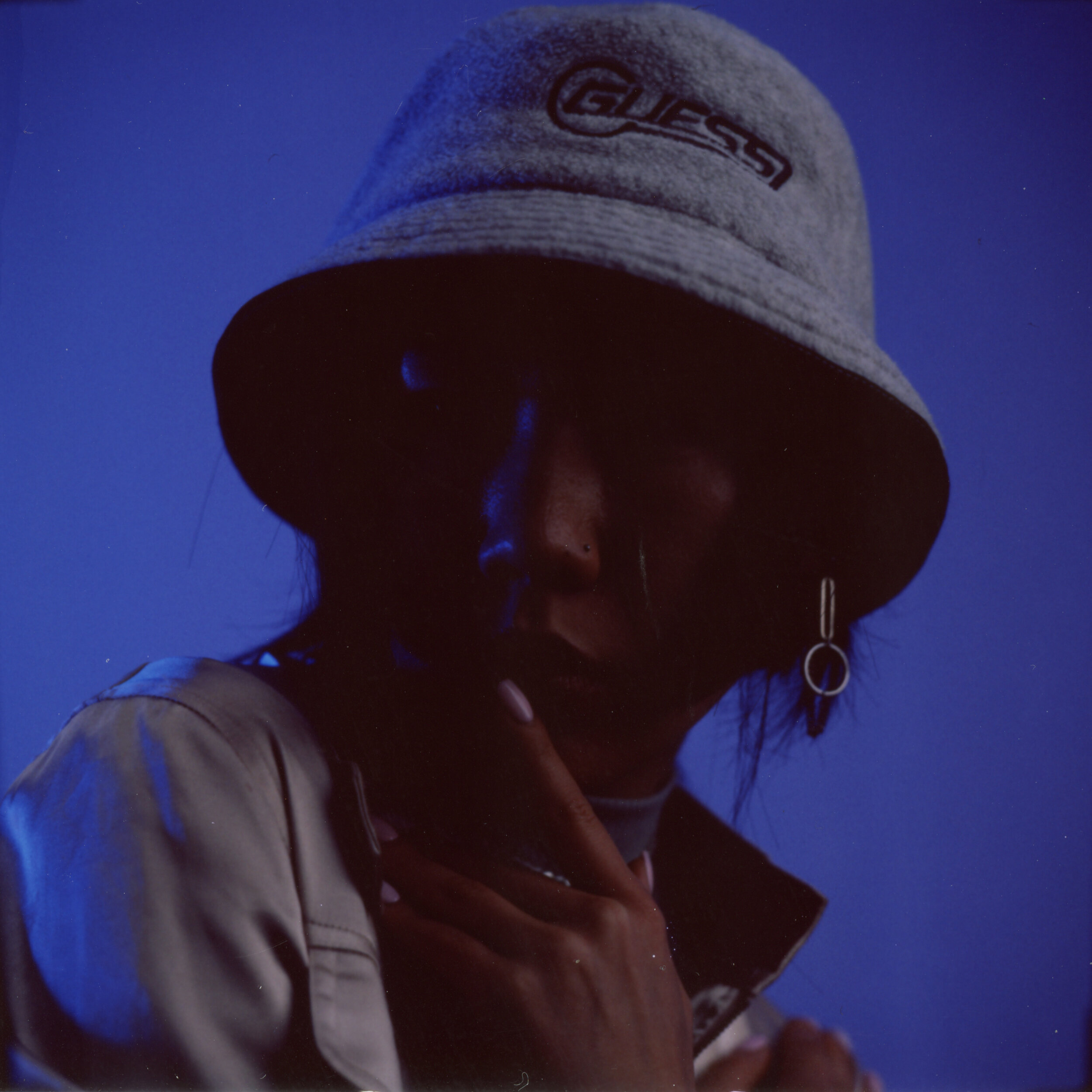Also Cool: Tell us a bit about who you are and what you do. Who is Mollygum, how did you start djing, and where are you at now with your DJ/music career? Not to mention that you’re also an incredible chef over at Nice to Meat You.
Mollygum: This is my sixth year in Montreal, and I recently graduated from Concordia University with a BA in Communications. Right now, 50% of my career is music, and 50% is food. When I’m not making music, I’m making food. I was working at a restaurant, doing a pop-up and then doing DJ gigs on the weekend.
The name Mollygum came when I was in China, from a thought I had: “What if there was gum specifically made for when you're on molly?” I was working at a bar, and I started DJing based on a bet. It was an open decks/mic night. We had booked someone who had sent us a set, but when he showed up he played nothing like what he had sent. It was supposed to be an electronic night, and he was playing all traditional dance music. The crowd was not down, they were there for electronic music. I had to stop him, and told him that it wasn't the vibe for tonight. He asked me if I was a DJ, and if I even knew what electronic music was. I said, “No, I am not but come next Wednesday and you’ll see.” I borrowed all the equipment from a friend, watched YouTube tutorials, and had a great time. I even went down to the dance floor, forgetting that I was DJing, and someone yelled, “Where the fuck is the DJ?,” when the music stopped.
I started with my Chinese twitter name dobidobi7, but the more DJing became a career for me, the more I settled on a name. I was briefly DJ Apportez Votre Vin, but it caused confusion at gigs with promoters, so I changed it.
AC: You’ve been heavily involved in event coordination over the past few years, both in Montreal and internationally. You’re iconic for yelling at people to stop being too cool to dance, and for calling out inappropriate behaviour on the dance floor to keep the audience safe. What does event-planning usually involve for you, and what kind of events do you love hosting?
Mollygum: Montreal is trying really hard to create a safe space dance floor, but you still never know. When I think of the things I've seen and experienced, the people who are affected often don't feel comfortable or safe telling anyone what’s happening. They end up leaving while the harasser ends up staying on the dance floor and continuing to bother more people.
Everyone working at the venue has a job to do, and the DJ is often the only one actively watching the dancefloor for the vibe. In that way, I feel like I have the privilege and power to keep the dancefloor safe. If I stop the music, everyone stops. If there’s a person making someone else uncomfortable, I want to keep them safe. Every time I've stopped the music or done something similar, I’ve gotten positive feedback from the audience and venue. I'm not starting a fight, but instead giving a verbal warning that works really well.
In the same way that if you go out with a group of friends, you feel safe, but if you're alone you're way more aware of who's touching you and close to you. If I can make those people feel comfortable, that's what I want. Dance or GTFO the dance floor is for the people who aren't dancing, or who are on their phones, taking up space to look cool when others could be dancing.
AC: How have you been able to find community through the music scene in Canada and in China?
I actually don’t really have my own community in Montreal. Meaning, I don’t have a lot of Asian friends who grew up in China, and then moved elsewhere. I feel super connected to the community in L.A., however. It doesn't matter what category you fit into, there's some kind of community for you there. Here I feel like a part of my identity is lost.
I've met a lot of friends through good music, and through dancing. That's how we bonded, and every time we hang out there's music involved. They're always encouraging me, and helping me make my own music. They’re even inspiring me to start my own music label, it’s called, “Have You Eaten?,” which will be curated and supported by Asians. We’re not often represented, and we need to support each other and work together to be heard. If you don't have your own community, then start one. Maybe someone else out there will feel the same way you do.



